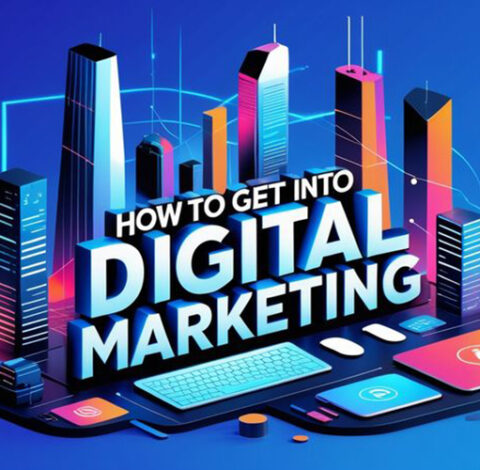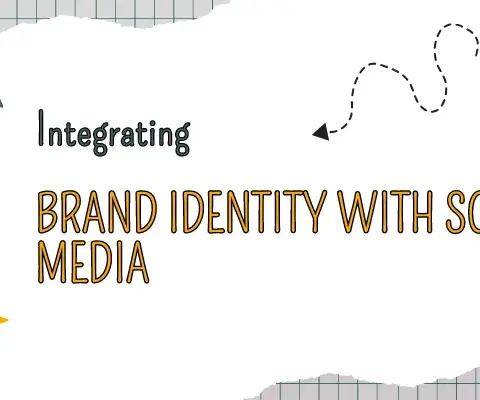
How Influencer Marketing Builds Authentic Customer Trust
In the contemporary business environment of the United Arab Emirates, influencer marketing has emerged as a highly effective strategy for building trust and credibility among consumers. As traditional advertising becomes increasingly saturated and less persuasive, audiences seek authentic voices and recommendations that resonate with their values and lifestyle. Influencers, with their established online presence and engaged follower base, provide a channel through which businesses can communicate their brand message in a more personal and relatable manner.
The strength of influencer marketing lies in authenticity. Consumers are more likely to trust endorsements from individuals they perceive as genuine, knowledgeable, and aligned with their interests. In the UAE, where social media adoption is high and audiences are exposed to global trends alongside local culture, partnering with influencers who reflect both credibility and cultural relevance is essential. These collaborations allow brands to reach their target audience in a natural and engaging way, fostering connections that traditional advertising often cannot achieve.
Influencer marketing also enhances brand visibility. By leveraging the reach of influencers across platforms such as Instagram, YouTube, and TikTok, businesses can amplify their message and attract attention from diverse demographic groups. Unlike conventional ads, influencer content often blends seamlessly with the influencer’s personal narrative, making it more likely to be consumed, shared, and remembered by the audience. For UAE-based businesses, this heightened visibility can translate into increased website traffic, engagement, and ultimately, sales.
Building trust through influencers requires careful selection and alignment. Businesses must identify influencers whose values, tone, and audience demographics match their brand objectives. Authenticity is compromised if the collaboration appears forced or insincere, potentially undermining the brand’s credibility. Successful partnerships involve influencers who genuinely understand the product or service and can articulate its benefits in a way that resonates with their followers. This approach ensures that the brand message is communicated effectively while maintaining the influencer’s authenticity.
Another important aspect of influencer marketing is the long-term relationship. Rather than one-off campaigns, sustained collaboration with influencers allows the brand to develop a consistent presence in the market and build a narrative over time. Repeated exposure to credible voices reinforces brand recognition, fosters loyalty, and strengthens the perception of reliability. In a competitive market like the UAE, where consumers are bombarded with multiple choices, these ongoing relationships can significantly influence decision-making and customer preference.
Measurement and analysis are critical components of influencer marketing. Businesses must track engagement metrics, conversions, reach, and sentiment to evaluate the effectiveness of campaigns. Data-driven insights help optimize partnerships, refine messaging, and ensure that marketing budgets are utilized efficiently. By monitoring performance, companies can make informed decisions about future collaborations and maximize return on investment.
Influencer marketing also offers the advantage of storytelling. Influencers can convey the brand’s narrative in a relatable, humanized manner, connecting products or services to real-life experiences. This narrative approach deepens emotional engagement, increases brand recall, and strengthens the sense of community around the brand. For businesses in the UAE, storytelling through influencers provides a competitive edge, as it combines cultural relevance with digital sophistication to engage audiences meaningfully.
Finally, influencer marketing enhances credibility beyond individual campaigns. When respected influencers endorse a brand, it signals quality and trustworthiness to the wider audience. Peer recommendations, amplified by social media, often have a more lasting impact than traditional promotional methods. Businesses that leverage influencer partnerships strategically can position themselves as industry leaders and build enduring trust with customers.
In conclusion, influencer marketing is a powerful tool for establishing authentic customer trust and driving brand growth in the UAE market. By selecting credible influencers, fostering genuine partnerships, measuring performance, and utilizing storytelling, businesses can connect meaningfully with their target audience. This approach not only increases visibility and engagement but also reinforces credibility, loyalty, and long-term market positioning. Influencer marketing, when executed strategically, transforms brand communication into a trusted and influential dialogue with consumers.























